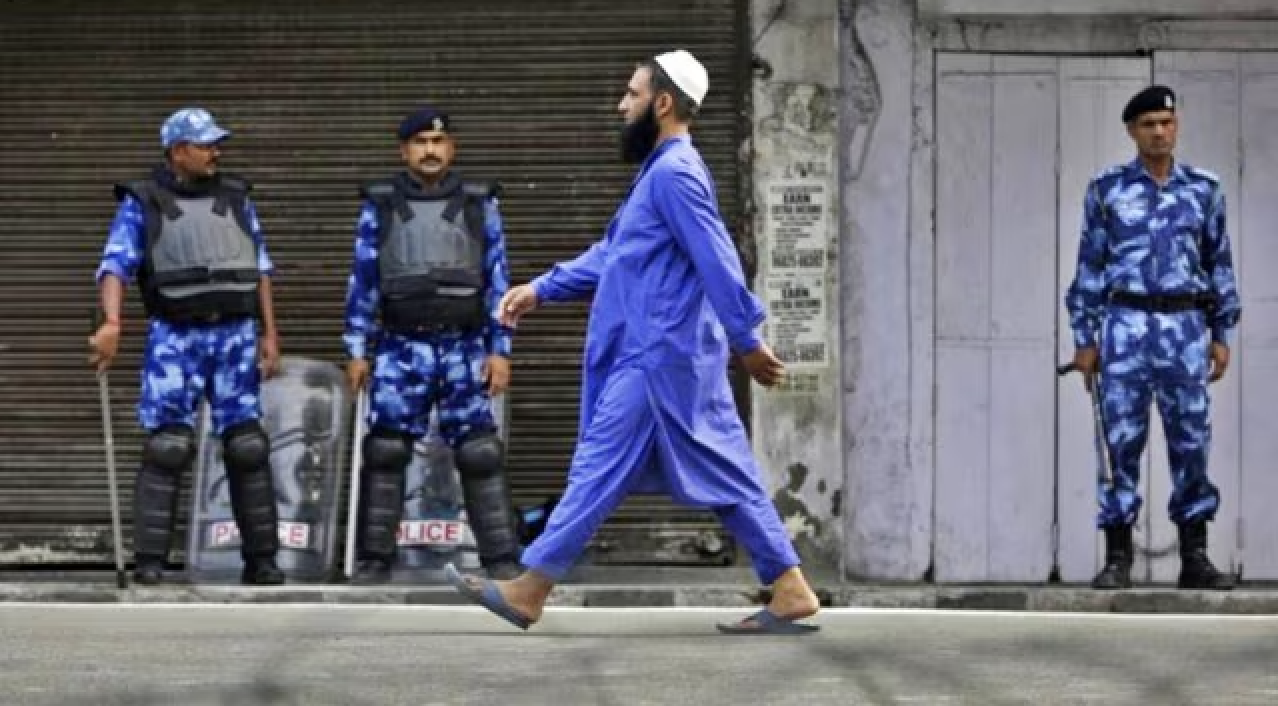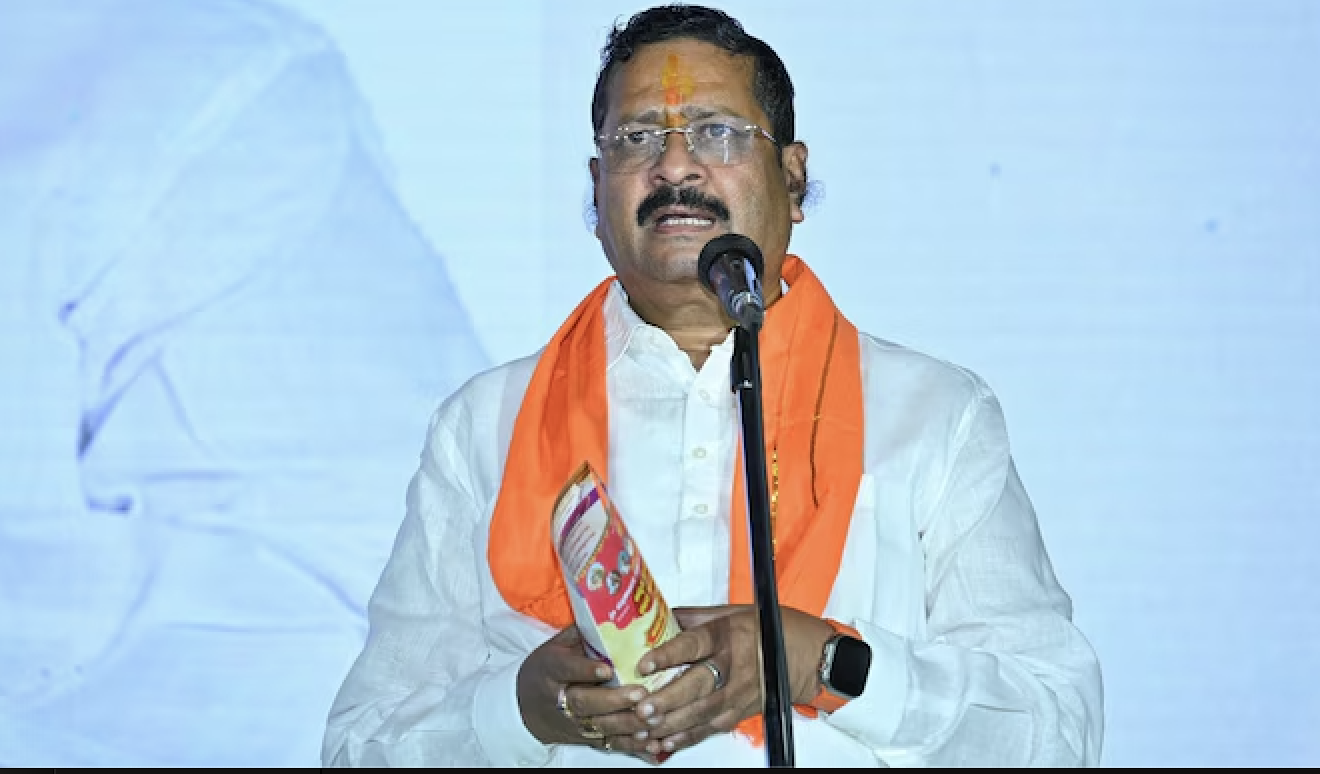
Hindu nationalism is a political ideology that dates back to the 19th century. It encompassed a broad range of groups but at its core is a belief that Indian national identity and culture are inseparable from the Hindu religion.
It began to gain prominence in the early 20th century as part of the independence movement in India, which sought to separate itself from the identity of British colonial rule and the Islamic Mughal dynasty, which had previously governed India from the 16th century.
Hindutva – a term coined in the 1920s in the writings of Vinayak Damodar Savarkar meaning “Hindu-ness” – is the predominant form of Hindu nationalism in India. Hindutva is the belief in the hegemony of Hinduism in India and the establishment of the country as a Hindu, rather than secular, state. Hindus are viewed more as an ethnic, rather than religious, group.
The Hindutva ideology has been associated with rightwing extremism and fascism due to the purist racial elements of the movement and its association with intolerance of minorities, in particular anti-Muslim sentiment and violence in India, which is 80% Hindu and 14% Muslim.
Who are the RSS?
At the heart of the Hindu nationalist movement in India is the Rashtriya Swayamsevak Sangh (RSS), an all-male Hindu nationalist volunteer group, often described as a paramilitary organisation, formed in the 1920s.
It was formed to provide unity and discipline to the Hindu community in order to build the Hindu Rastra (the Hindu state). It continues to work today to spread the ideology of Hindutva, with upwards of five million members.
The RSS is the leader of the “Sangh Parivar’’, an umbrella group of Hindu nationalist organisations who have set up schools, charities and clubs but which have also been associated with communal violence. The RSS has been banned three times since it was established, including after Mahatma Gandhi was assassinated by a former RSS member in 1948.
It was out of the RSS that India’s ruling political party, the Bharatiya Janata Party (BJP), emerged and they remain closely linked.
Who is the BJP and what is its association with Hindu nationalism?
Hindu nationalism has been part of Indian politics for decades and, at various points, has been deployed as a populist political tool by both of India’s major political parties, Congress and the BJP, as a way to win the vote of the country’s Hindu majority.
This story was originally published in theguardian.com . Read the full story here






